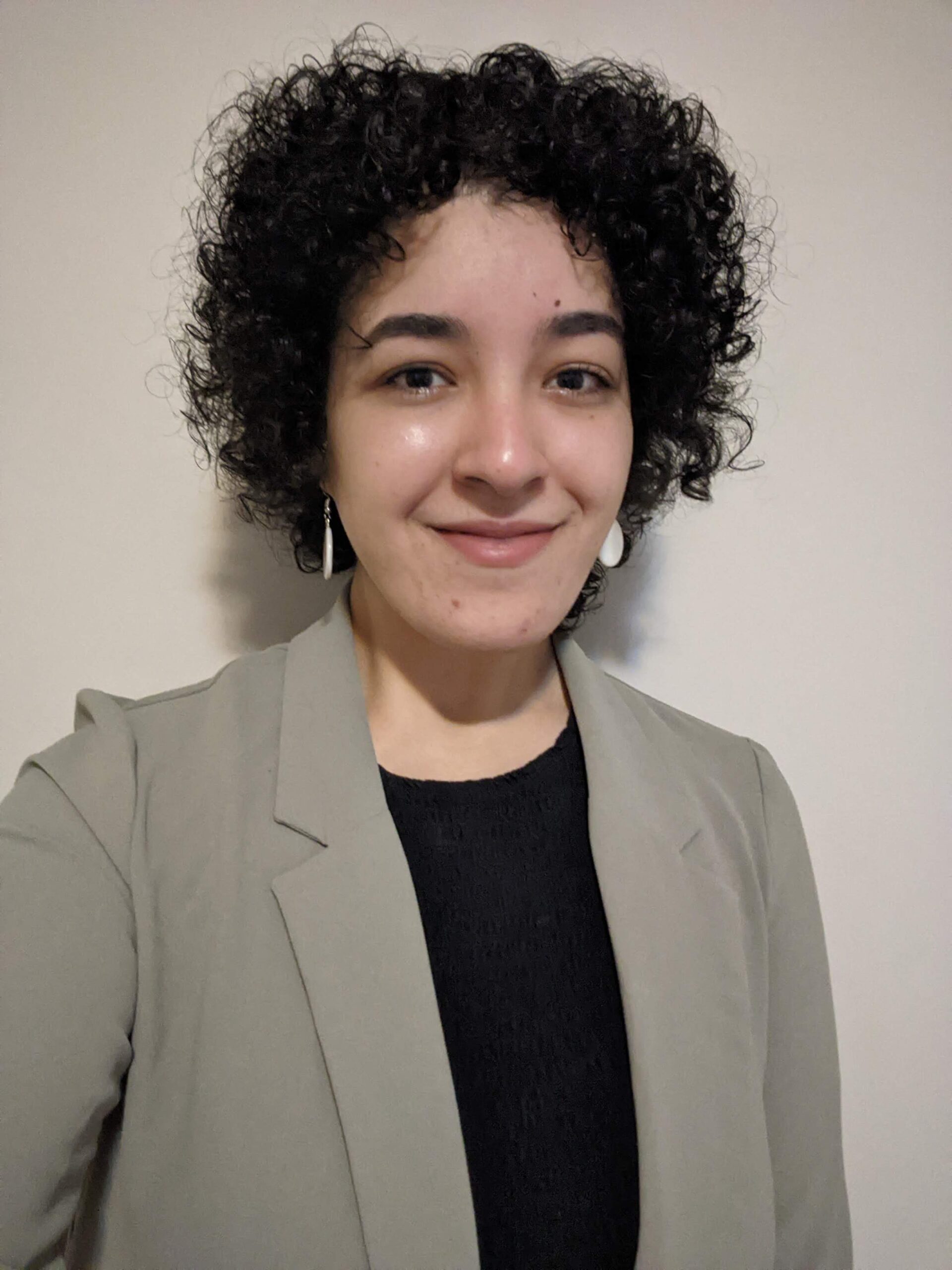
The Promise of Stability | Monica Bassilli
Immigration to Canada involves many challenges, including fees, tests, and paperwork. Ultimately, the goal is to migrate to a place where you can have stability and security for yourself and, one day, your loved ones.
But for many applying today, migration to Canada is a long shot. Something to try again, year after year, to apply for and one day have the privilege of experiencing the lifestyle of a rich, Western country.
For instance, Seth Klein’s parents sought refuge in Canada following a mandatory inscription in the United States’ involvement in the Vietnam War by talking to an immigration official for 20 minutes at the Montreal airport.
Klein’s work on the climate crisis and Canada’s role in leading sustainable development fails when it does not include the reality that migrants, often racialized, experience migration.
Economic migration is not the only form of mass international migration at a time of rapid change.
Although the final answer to the question of “why are you here” is because you are looking for work, climate-related issues are increasingly affecting the economy.
The outbreak of war in Syria in 2011 illustrates how climate change can lead to social and economic decay – facilitating violence. In addition to drought, famine, and political instability, Syrian refugees are subsequently met with prejudice and discrimination in Western host countries.
Creating New Life
Whether the cause of migration was environmental, economic, or social, the promise of stability always underlays the decision to move.
Living in a stable and secure community is a luxury that many Canadians take for granted. The ability to wake up, brush your teeth, make coffee, and drive or transit to work is why Canada is an internationally desired destination.
Having the consistency and security to live in peace is a natural human response to constant war, genocide, violence, and repression.
For instance, former Prime Minister Stephen Harper’s decision to expel all Iranian diplomats and close the Canadian Embassy in Iran. Such a decision has lasting impacts on the existing and future generations of Iranian migrants. Harper cited human rights violations among the many excuses Harper espoused, claiming that Iran was an unfavourable ally.
Geopolitical discourses involved Isreal’s support for Canada and conveniently forgot to include Indigenous sovereignty and self-determination movements. After all, Canada also commits human rights violations daily against Indigenous peoples.
The lasting impacts of Harper’s decision to close the Canadian Embassy in Iran are one of many decisions the Canadian government has taken to remove access and availability to migration services to Canada. It is important to note that such circumstances seldom hinder the migration of other wealthy, Western nations. The promise of stability and the desire to build a new life in a peaceful nation is a dream for most and a reality for the privileged class.
Backlogged and Backtracked
As of July 22, 2022, Canada’s immigration backlog has reached 2.7 million applications. The expansion of numerous program criteria, as well as the easing of Covid-19 restrictions, has led to an increase in applications from all immigration streams.
Underpinning all these applications is the Visa or Electronic Travel Authorization (eTA) that allows an individual to travel to Canada. If you happen to live in a Western country, your wait time for an eTA would be about five minutes. In a non-Western country, it takes more than five months.
As applications continue to pile up, the stability that people are desperately seeking strays farther and become a dream. One that may or may not come true. More recently, many Western media have taken to supporting Ukrainian refugees’ rise following Russia’s invasion.
From new immigration measures, financial support, military aid, and even changing all the flags along Whyte Avenue to Ukrainian flags, Canada has no hesitation in supporting refugees and people suffering from humanitarian crises.
If only this kind of compassion were shared when Afghans were trying to flee the power of the Taliban. Unfortunately, racialized people do not necessarily get the same benefit of the doubt as wealthy European nations.
Western nations have difficulty understanding their place when defining aid and support measures from an Arabized, predominantly Islamic region of the world. With this in mind, backlogs and regressive bureaucratic measures affect everyone who has applied and will be applying in the future.
In realizing your place in Edmonton, Canada, it is significant to reflect on the stability we collectively have over our communities. During the subsequent humanitarian crisis, the next large-scale event that reached international attention, such as Russia’s invasion of Ukraine, remember the stability we have and the compassion we must share with those around us.
See Migrante Alberta for resources and events on supporting migrants in our community. Further, please see the petition to stop the deportation of Vangie and McKenna Rose.
Stay a little longer, read more here.”





